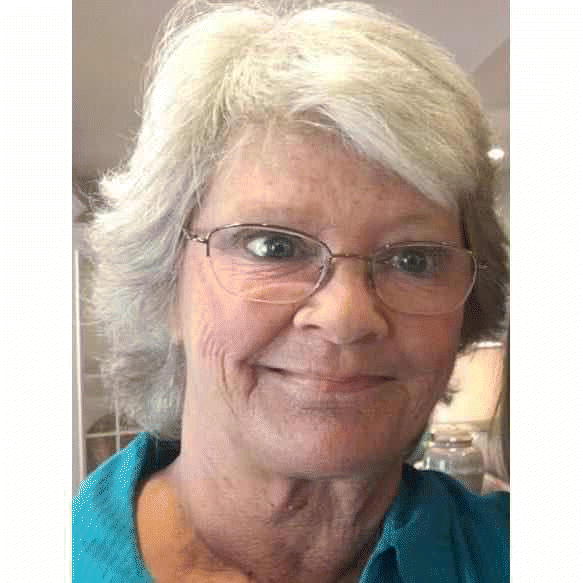Time to rediscover the dictionary
Published 1:48 pm Monday, March 27, 2017
I’ve noticed a disturbing tendency among adult readers and writers.
Many otherwise avid readers can no longer be bothered to look up the meanings of words they don’t know. Many people who call themselves writers of anything, from email to novels, disparage even the use synonyms let alone looking for one.
When I’m in a book group or a writers group and I hear a participant remark that he or she “can’t be bothered with looking up a word,” I experience vertigo.
People have been meticulously crafting precise words for specific things for at least 5,000 years. Definitions and synonyms aren’t intellectual affectations; they are the very basis of how humans “come to terms” with life.
Hoping to reverse this troubling trend, I’m going to suggest four fantastic books that can turn anyone into a logophile (look it up).
The first book is “Other Wordly: Words Both Strange and Lovely from Around the World,” by Yee-Lum Mak, illustrated by Kelsey Garrity-Riley (call # 415 Mak). Here’s the gateway experience to a renewed love of language. It’s short, lists only three or four words across any two pages and is charmingly illustrated.
It contains words like “Psithurism (noun, English) the sound of the wind through trees,” or “Hoppipolla (verb phr., Icelandic) jumping into puddles.”
The second book is, “The Thinker’s Thesaurus: Sophisticated Alternatives to Common Words,” by Peter E. Meltzer (call # 423.12 Melt). This books dazzles and flabbergasts. For instance: synonyms for repetition: psittacism, battology, verbigeration, repetend, anaphora, polysyndeton, epistrophe, diacope and thrum. Those make a jolly chant, don’t they? All except anaphora and thrum will set off your spell check. Spell check never stopped a literate wordsmith.
Book number three is for anyone who wants to get the back story on how dictionaries and thesauruses are created, “Word by Word: The Secret Life of Dictionaries,” by Kory Stamper.
More than just a description of how definitions are formed and dictionaries compiled this book also explains that “fleek” was invented by a 16-year-old YouTuber, pumpernickel translates to “fartgoblin,” and “Posh?” If you’re certain that term derives from English-Empire lingo for “port-out-starboard-home,” think again, it could be Urdu.
Book number four is a classic, “The American Heritage Dictionary of the English Language,” Third Edition, (call# 423 Amer). The AmHerDict 3, is like the 11th edition of the Encyclopedia Britannica. There were editions before and after, but the third “takes the cake.” (A phrase with an ancient history.)
“When I feel worried and I can’t sleep/ I count my blessing instead of sheep,” Irving Berlin wrote. I suggest opening the AmHerDict 3 has the same palliative effect. A random browse through this book makes Harry Potter’s magic lingo seem Muggle-ish, and the pictures that accompany the text are fabulous; in conjunction with the words next to them, often ridiculous.
It’s a great pleasure to answer, “the dictionary,” when someone asks me what I’m laughing out loud about.
Much grousing goes on these days about people who won’t learn English. What about those of us who know but won’t use it? Love your dictionary and thesaurus.
Programs this week
— Tuesday, Meeting of Minds discusses the Greater Clark Foundations Harwood Report.
— Wednesday, Kentucky Picture Show presents a 2016 hit. Following the assassination of President John F. Kennedy, First Lady Jacqueline Kennedy fights through grief and trauma to regain her faith, console her children, and define her husband’s historic legacy. Rated R for language.
— Wednesday, 7 p.m., Trivia Night at the Engine House Deli.
— Friday, Write Local, where anyone sings, recites, or uses a thesaurus with pride.
— Saturday is April Fool’s Day. If you come to the Library, leave your Whoopee cushion at home.





